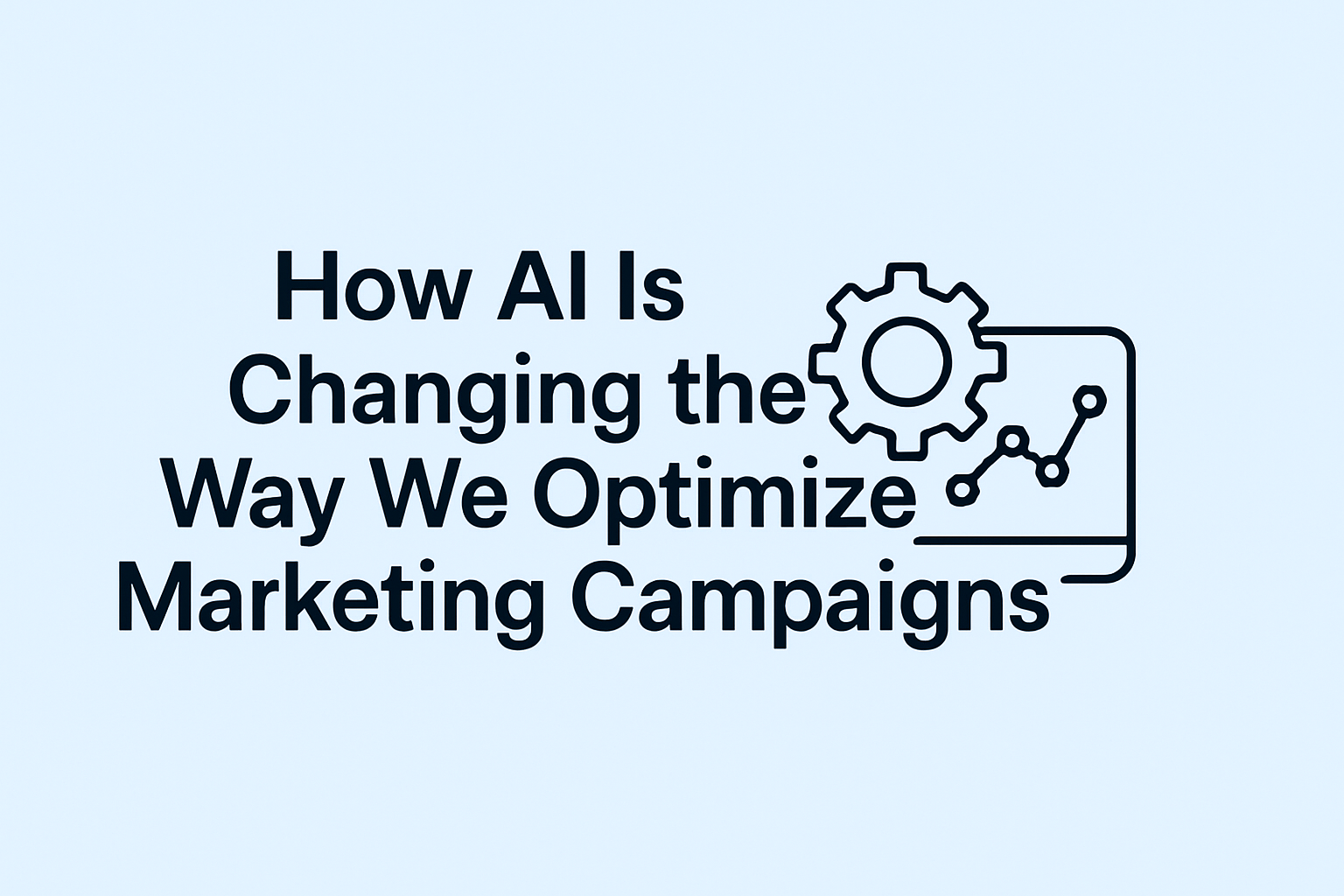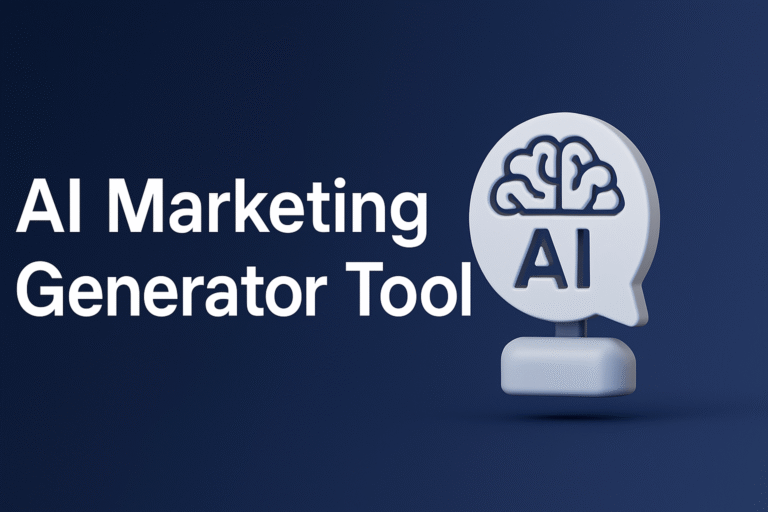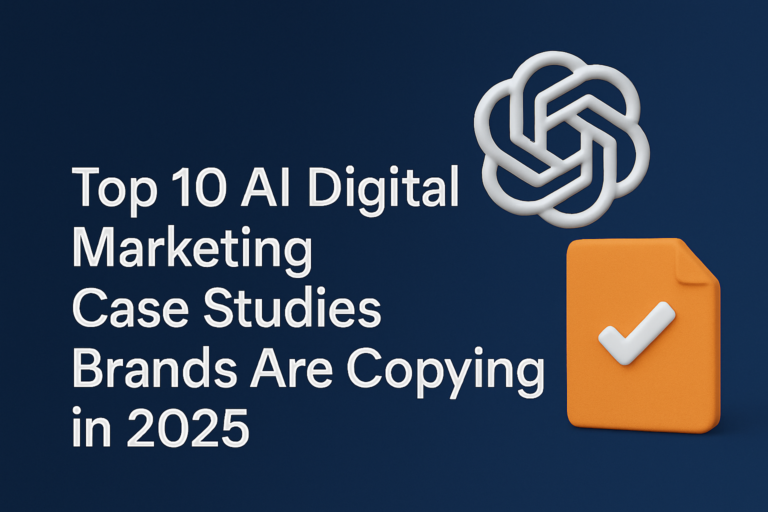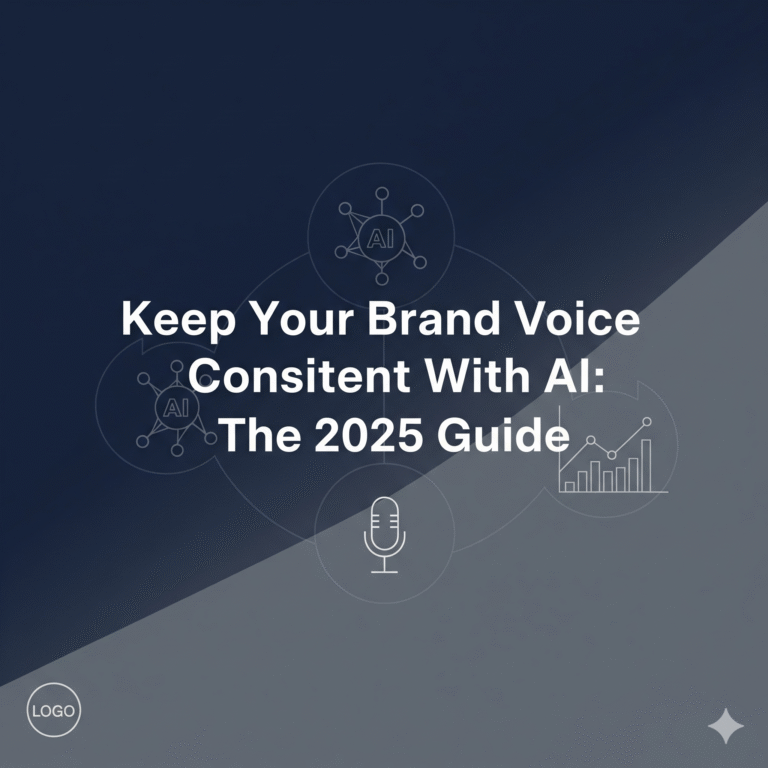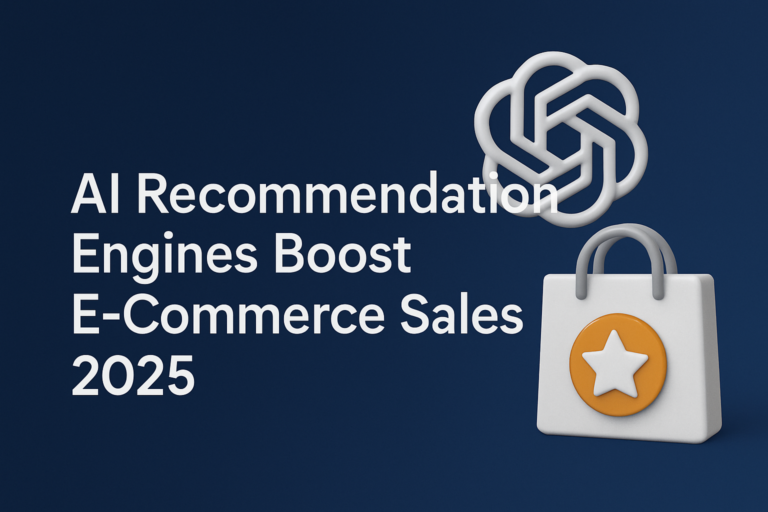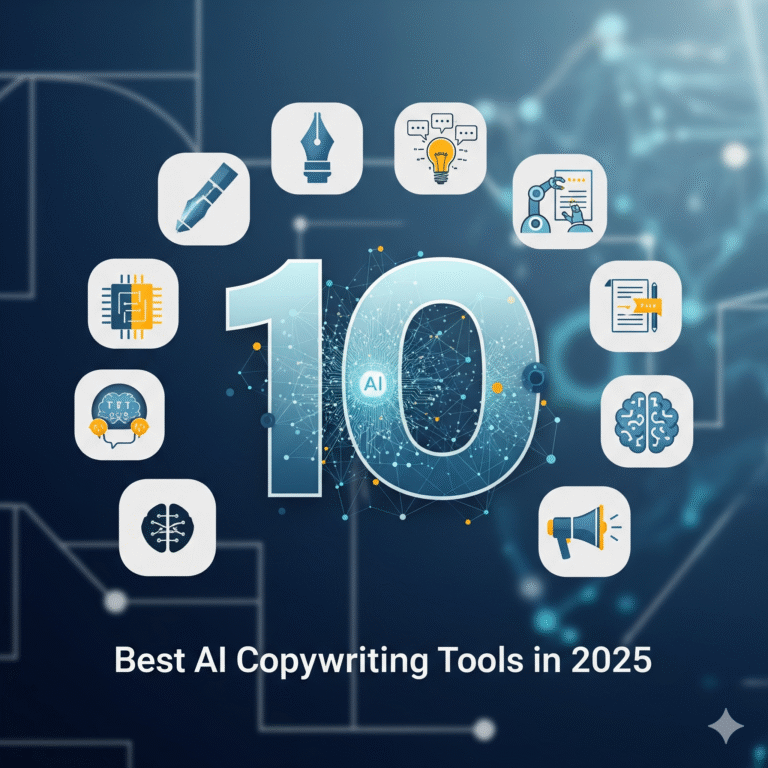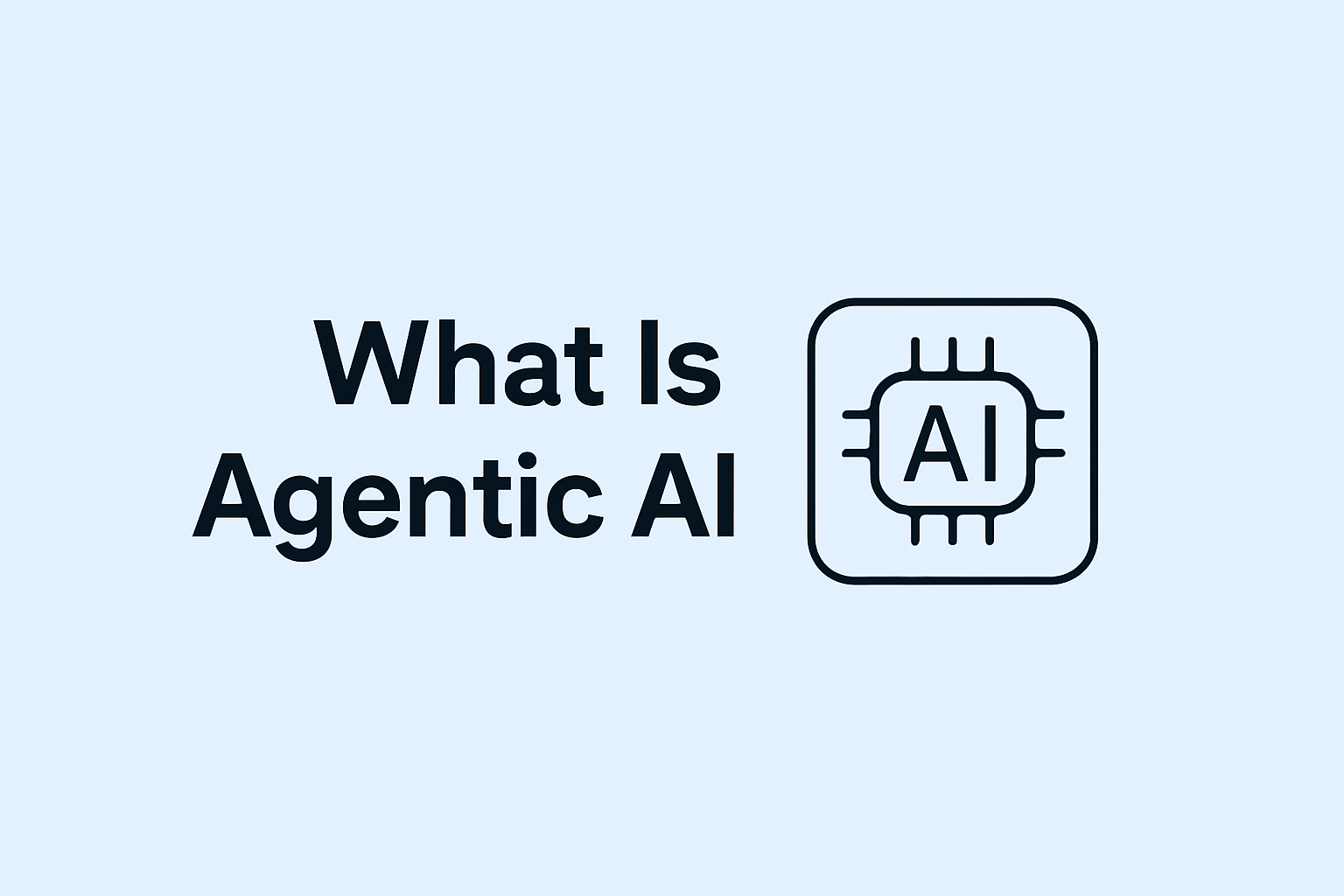How AI Is Changing the Way We Optimize Marketing Campaigns
Ever notice how ads and posts online feel made just for you? That’s not a coincidence. It’s AI at work, helping brands connect with you in ways that feel personal, almost as if they know what you want even before you do.
What Is Artificial Intelligence (AI)?
AI is technology that lets computers learn, recognize patterns, and make decisions by studying lots of data, such as clicks, likes, or words. Unlike basic programs, AI learns from what it sees and improves itself over time.
You see AI every day when Spotify suggests music or Netflix picks your next show. In marketing, AI powers tools that test many campaign ideas at once and speed up every step, so teams focus on creative work, not manual tasks.
Why AI Matters in Marketing
AI helps marketers understand what customers want before they ask. It sorts through shopping habits and online actions, making it easier to create offers and messages that fit each person. With AI, teams automate simple jobs and test new ideas quickly, gaining time for creative solutions. Marketers say AI isn’t about robots taking over—it’s about working smarter and getting better results.
How AI Facilitates Data Analysis
Marketing relies on data, but there’s usually too much for people to handle alone. AI-powered analytics tools scan millions of data points, showing what’s working and what isn’t in seconds. Tools like Tableau AI make it easy to see which ads or messages drive sales or clicks, so you spend less time on spreadsheets and more on strategy.
Predictive Analytics
Predictive analytics, powered by AI, lets marketers predict who’s likely to buy, which emails will get opened, or which products will trend. By analyzing past and present data, AI helps teams focus on the leads most likely to convert and plan smarter marketing moves.
Customer Segmentation
Not every visitor wants the same thing. AI helps marketers break customers into groups based on behavior, not just age or location. These segments update in real time, letting you show different messages to different groups, boosting ROI and finding new customers who act like your best ones. With AI, customer groups become smarter and more useful.
Personalization
When content feels just right for you, AI-driven personalization is at play. AI adapts emails, ads, and website content in real time, based on your clicks and actions. If you browse for red shoes, AI will show you more shoe deals. Personalization can lift sales by a quarter and email open rates by over a third. Small tweaks based on AI can have a big impact.
Automation in Campaign Management
Running a digital campaign means managing many small tasks—posting, emailing, tracking results, and adjusting budgets. AI tools automate these jobs, speeding up campaigns and reducing mistakes. Tools like HubSpot and Jasper AI handle posting and content. Automation cuts time to launch and helps avoid double emails or missed social posts, freeing you up for big-picture ideas.
Key Components of Successful Digital Marketing Campaigns
Strong digital campaigns share some basics: clear goals, the right audience, creative ideas, and good measurement. AI now helps with every step. It sets smarter goals, finds the right people, and tracks what’s working in real time. Combining AI tools for analytics, automation, and content means better campaigns and more value from each one.
Advantages of AI in Digital Marketing
AI goes beyond generic ads. It figures out what people want and tailors content just for them. Recommendations made by AI are shown to increase engagement significantly. Netflix and Amazon use AI to keep users hooked by suggesting shows or products. With AI-driven dynamic pricing, brands adjust prices to match demand, boosting profits and keeping customers happy.
Enhanced Customer Experience through Targeted Content Recommendations
Every time you get a helpful product suggestion, AI is working behind the scenes, studying what you like and offering more of it. These small, personal touches keep people on websites longer and boost loyalty and conversions.
Dynamic Pricing Strategies
AI tracks trends, watches competition, and checks the time of day to set the best prices. E-commerce brands use this to adjust prices on the fly, staying competitive and hitting sales goals. Airlines and stores like Amazon use dynamic pricing to give customers better deals when it matters most.
Challenges of Applying AI in Marketing
AI has clear benefits, but it also brings new challenges.
Data Privacy Concerns
AI needs lots of data, so privacy is a real concern. Laws like GDPR and CCPA require brands to handle data carefully and explain what they collect. If customers feel uneasy, trust breaks down, so clear opt-outs and transparency are essential.
Maintaining the Human Element
No matter how smart AI is, brands still need to sound human. People want empathy and creativity. Many teams use AI for drafts but review and edit everything before it goes live to keep the personal touch strong.
Examples of AI Tools Used in Digital Marketing
- Jasper.ai: content writing
- HubSpot AI: CRM and campaign automation
- Adext: automated ad budget management
- Persado: ad copy and email subject lines
- Google Analytics 4: user insights
- Synthesia: AI video content
Most teams use at least three AI tools. They test for results, then scale up what works best.
Case Studies of Successful AI Implementations
- Sephora’s chatbot boosted conversions by 11% by answering questions instantly.
- Starbucks’ Deep Brew AI increased loyalty program signups by 30%.
- Marketers on Reddit doubled their sales pipeline in six months using predictive lead scoring.
- eBay used AI to improve listings, helping customers find products 22% faster.
These are real results from real brands, showing how the right AI tools and strategy make a difference.
Future Trends in AI within the Marketing Landscape
AI is moving fast. By 2025, more than half of new marketing content may come from generative AI. Expect multi-modal AI, which works with text, images, and video all at once. Conversational AI bots will get smarter. As AI grows, marketers will face new rules on ethics and bias. Teams will need tools that explain their decisions, building trust with users. Staying ahead means learning and adapting as AI tech evolves.
Conclusion
AI reshapes digital marketing from top to bottom. It helps you understand your audience, make better choices, and share content that connects. The risks are real, but the rewards are greater for those ready to test, measure, and improve. The future belongs to brands who use AI to turn ideas and data into results.
FAQ
How does AI improve marketing campaign ROI?
AI automates data analysis, predicts trends, and personalizes content, lifting ROI by up to 30%.
What AI tools are best for small marketing teams?
Jasper.ai, HubSpot AI, and SEMrush AI are simple to use and deliver solid results for content, automation, and SEO.
Are AI marketing tools compliant with privacy laws?
Leading tools support GDPR and CCPA, but you must set up privacy options and opt-outs yourself for full compliance.
Can AI fully replace human marketers?
No. AI can scale and optimize, but creativity and human oversight are still critical.
How can I measure AI’s impact on my campaigns?
Compare key metrics before and after using AI. Run A/B tests to track changes and improvements.
What are the risks of marketing AI?
Risks include privacy issues, bias, and losing your brand’s unique voice. Always keep people involved for balance.
Will AI-generated content hurt SEO?
As long as your content is edited and unique, Google will reward helpful information, whether AI-made or not.

